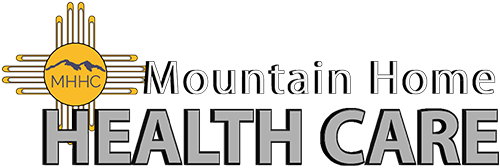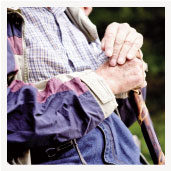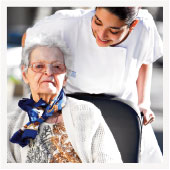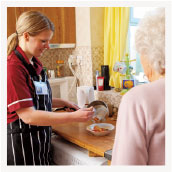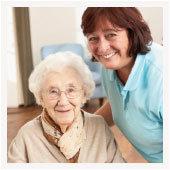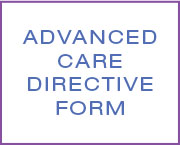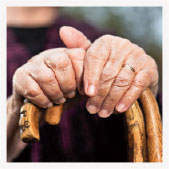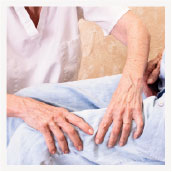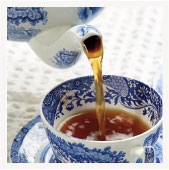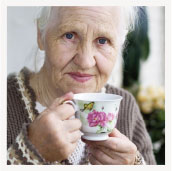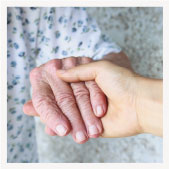Never…
by Caregiver, Olga Sowchuk
The word ‘never,’ by definition, means in no way, not again, at no time, in no case. Never. Its a word that those of you who are brain injury survivors or caregivers of a brain injured loved one, have heard at some point. Was it in the beginning of this adventure, when your loved one lay in a coma and the doctors said he/she would never regain consciousness? Was it once your loved one entered therapy, and someone told you that he/she would never walk, talk, see, eat, feel, laugh? Was it further along when you were told that your loved one would never live at home, never be able to do anything on his or her own, or that things would never be the same?
Never is a long, long time. When my domestic partner, Al Calabrese, had his head-on collision on August11, 1995, the ER doctor said hed never make it to the NICU. When he made it to the NICU, the trauma physician said hed never make it to tomorrow. When tomorrow came, he said over and over, that Al would never be anything more than a vegetable, lying in a bed hooked to a feeding tube. He knew this because he had seen a thousand―no 2,000―cases like Als . . . there was no hope. Well, to me, never meant only one thing: never blindly believe the doctors and never give up. I didnt and neither did Al.
He sustained severe brain damage. Although his brain never swelled, as is often the case, he was leaking brain fluid through his ears, so this wasnt a good sign, they said. He had brain stem damage, occipital lobe damage, a broken throat, collapsed lung, and other areas of brain damage that at the time I was […]
